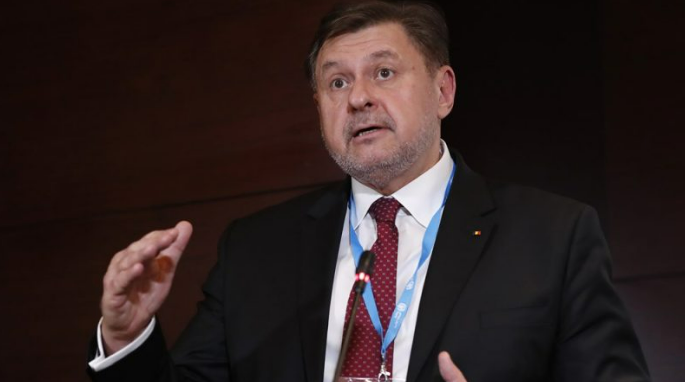The launch and implementation of the National Plan to fight cancer has been postponed, Romania‘s Health Minister Alexandru Rafila said in a press conference on Wednesday, according to Euractiv.
The Ministry of Health was expected to release the regulations for implementing the plan by June, as mandated by a law passed last November. However, on Wednesday, Rafila presented a new plan for public consultation, which would require adoption through another law or emergency ordinance.
Although Rafila was one of the initiators of the law, he now claims that the proposed measures “were not aligned with the objectives”.
He also mentioned that the ministry failed to consult with those who had worked on the plan. On 3 February 2021, the EU Commission presented Europe’s Beating Cancer plan, aiming to “help Member States turn the tide against cancer”.
Professor Patriciu Achimaș Cadariu, the coordinator of the National Plan for Beating Cancer, criticised Minister Rafila, accusing him of making derogatory statements and “destroying things he is not good at”.
Approximately 100,000 people are diagnosed with cancer in Romania every year, Rafila said, noting the number could be higher.
“We are one of the few countries that don’t have a National Cancer Registry. Therefore, neither the figures we report to Globocan – the body that centralises global cancer data, are not certain. But around 100,000 cancer patients are registered in Romania every year,” he said.
While cancer incidence is lower in Romania compared to the EU average, cancer mortality is higher, reflecting weaknesses in cancer diagnosis and treatment (OECD, 2021).
The situation is expected to worsen, partly due to the pandemic, which affected both the diagnosis and treatment of cancer patients, and in part due to the high impact of risk factors, such as unhealthy diet, tobacco and alcohol consumption, and air pollution, according to European Observatory for Health Systems and Policies.
These factors contribute to Romania’s poor performance among the EU countries in terms of both amenable mortality (the highest rate in the EU at 250 per 100,000 population vs the EU27 average of 111) and preventable mortality (second highest, after Hungary, at 95 per 100,000 population vs. the EU27 average of 55) in 2019 (as calculated by the European Observatory for Health Systems and Policies based on WHO data).


